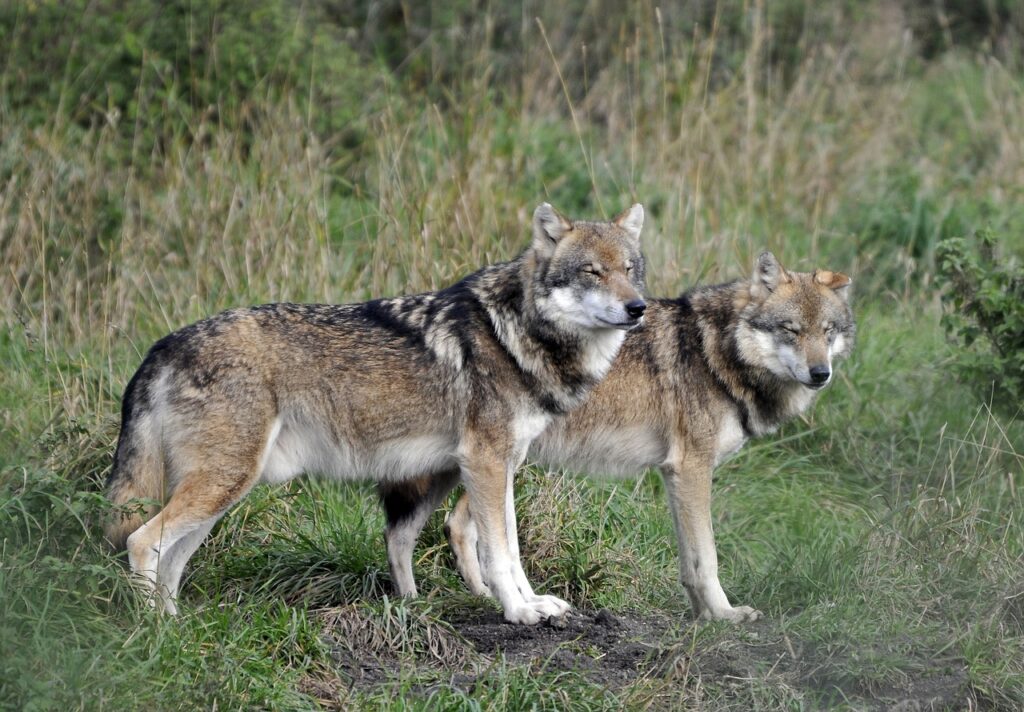The protection status of wolves in Europe will be downgraded from "strictly protected species" to "protected species", following a decision on Tuesday by the Standing Committee of the Bern Convention, the Council of Europe’s international treaty on nature conservation.
By relaxing the wolf’s protection status, the EU aims to allow "more flexibility" to prevent the growing wolf population in Europe from causing increasing damage to livestock. It's also a personal victory for Ursula von der Leyen, who campaigned for this, and whose pony Dolly was attacked and killed by a wolf in 2022.
The change is set to take effect in three months, unless at least a third (17 out of 50) of the parties to the Bern Convention formally object, the Council of Europe explained in a press release. The final decision and more details are set to be published on Friday, 6 December.
Several animal rights organisations have condemned the decision, accusing it of being more about politics rather than scientific reasoning and data.
Animal rights organisation GAIA described the decision as outrageous. "This measure is decided despite the lack of reliable data. We see this as a gift to farmers, even though there are support measures and preventative means, like fences, in places such as Wallonia." stated Sébastien De Jonghe, Director of Operations.
WWF Belgium took a similar line, explaining that fencing systems are already proven to be effective in preventing wolf attacks in the country. According to the WWF's Head of Biodiversity Policy Laurence Drèze, the change in status was a "politically driven process" rather than being based on scientific data. She further described the change as a "a dangerous decision" setting a precedent.
Belgian MEP, Sara Matthieu (Groen), echoed the concerns, noting that changing the wolf's protection status could lead to opportunities to "weaken" the entire European nature legislation. "After over a hundred years, the wolf is finally back in our region, and this success is now in jeopardy," she added.

